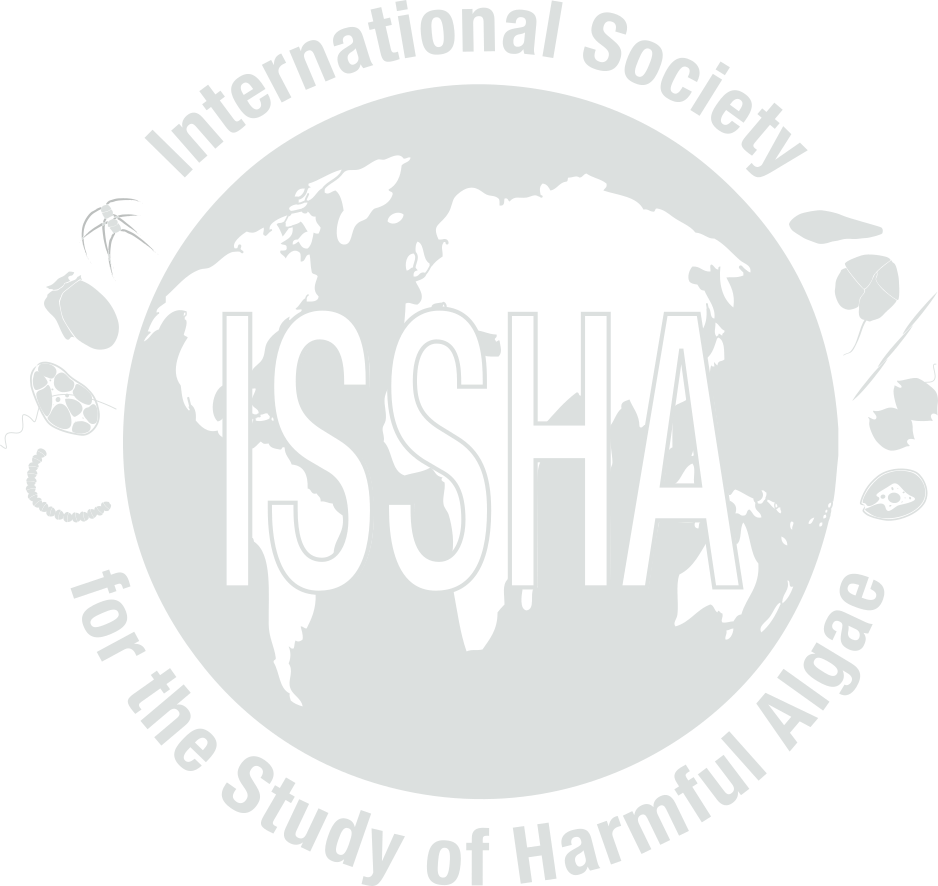


| Event name: | ES-00-015 | |
| Country: | SPAIN | |
|
Nature of the harmful event: |
Seafood toxins | |
|
Event directly affected: |
Shellfish | |
| Toxicity detected: | Yes (Approximate range: 0-13.5 µg OA /g) | |
| Associated syndrome: | DSP | |
| Unexplained toxicity: | No | |
| Species implicated in toxin transmission (transvector): | ||
| Report the outcome of a monitoring programme: | Yes (Monitoring programme of the Centro de Control da Calidade do Medio Mariño.) | |
| Event occurred before in this location: | Yes (The DSP episodes caused by Dinohysis acuminata are a recurrent phenomenom in the Galician Rías whith more or less incidence depending on the year.) | |
| Individuals to contact: | MANEIRO, Juan , PAZOS, Yolanda , MOROÑO, Ángeles | |
| Location: | Latitude: 42.181667, Longitude: -8.685167 | |
| General location information: |
Rías Baixas (Vigo, Pontevedra, Arousa and Mur, Galicia, NW Spain. HAB Area code(s): ES-05 ES-07 ES-08 |
|
| Additional location information: | 42º 10.90' - 43º 24.55' N ; 8º 41.11' - 9º 03.00' W. Rías Baixas (Vigo, Pontevedra, Arousa and Muros) and Ría de Ares-Betanzos. The affected area is dedicated to intensive mussel cultivation in rafts and to a high production of other molluscs in natural banks: clams, cockles, oyster and scallops are the main species exploited. | |
| Bloom event dates (yyyy/mm/dd): |
Event Date:2000-04-25 Start: 2000-03-13, End: 2000-07-10 |
|
| Quarantine levels dates (yyyy/mm/dd): | ||
| Additional date-related information: | Initial and final event dates are approximate, because before and after the event, toxic cells are present in the water in low concentrations, and toxicity in molluscs is in undetectable levels. | |
| Causative organism known: | Yes | |
| Causative Species/Genus: |
Dinophysis acuminata
(12,400 cells/L)
|
|
| Co-Ocurring Species/Genus: | ||
| Chlorophyll concentration, if known: | 4.0 µg/L Chlª. µg/l | |
| Additional bloom information: | Oceanographic conditions and phytoplankton data presented are those at the maximum Dinophysis cell concentration but as the bloom was temporally and spacial very extensive, the general conditions were very wide. | |
| Event-related bibliography: | ||
|
||||||||||||||||||||||||||
| Nutrient information: |
AMONIUM:
3.13 µmol/L
NITRATE: 8.97 µmol/L NITRITE: 0.48 µmol/L PHOSPHATE: 0.57 µmol/L SILICATE: 6.45 µmol/L |
|||||||||||||||||||||||||
| Temperature Range During Event: | Max: 13 °C, Min: 13 °C | |||||||||||||||||||||||||
| Salinity Range During Event: | Max: 35, Min: 21 | |||||||||||||||||||||||||
| Bloom location in the water column: |
Subsurface |
|||||||||||||||||||||||||
| Growth: |
Advected
In situ |
|||||||||||||||||||||||||
| Growth Comments | ||||||||||||||||||||||||||
| Additional Environmental information: | Data are the average value for the water column (0-15 m). Station P2 of Ria de Pontevedra, 25/04/00. Wind velocity: 55 m/s. | |||||||||||||||||||||||||
|
||||||||||||
| Kit used: No | Type of kit used: | |||||||||||
| Additional information: | ||||||||||||
| Economic losses: | Not evaluated. | |||||||||||
| Management decision: | Harvesting was closed in culture areas affected. | |||||||||||
| Additional harmful effect information: | Lee et al., Agric. Biol. Chem., 1987, 51, 877. Irrelevant effects, because the closures caused by this event were brief (two weeks maximum). Closures due to the presence of toxicity in molluscs is usual in the area and resource exploitation strategies | |||||||||||
